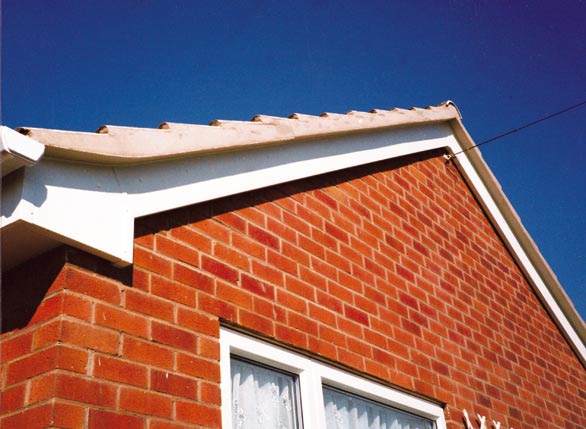Do You Own the Air Rights Over Your Property?
In New York City, real estate developers can pay up to $300 per square foot for the “air rights” over a low-rise building. But what about people outside Manhattan? Do you own the air rights over your property? And if so, what can you do with it?
Here’s what you should know.
Air rights were endless—before airplanes took off
In real estate, air rights refer to the empty space above a property. They are one type of development right. Before the 20th century, anyone owning property also owned the unlimited air rights above it as well as the ground beneath it.
Then and now, most property ownership laws are based on the Latin doctrine, “For whoever owns the soil, it is theirs up to heaven and down to hell.”
But with the arrival of airplanes in the 20th century, air rights became more limited. Homeowners only had rights to the airspace above their home that they could reasonably use. This restriction was necessary. Without it, the airline industry would never have taken off, because airplanes would be trespassing everywhere they flew.
Zoning restrictions limit your use of air rights
Every locality has zoning restrictions. The restrictions generally prevent a homeowner from, say, putting up a 10-story condominium building on their property in a residential neighborhood—even though that homeowner owns the air rights to their property.
Have a small home, but want to go up a few stories? Zoning restrictions will likely prevent you from building anything but a one- or two-story single family home, even though the air above is yours. In fact, even if you own an entire acre, zoning likely prohibits you from building out on the entire parcel.
Air rights can be valuable in big cities—but not necessarily
In dense urban areas such as New York City, where there is high demand but limited land on which to build, air rights can be valuable. Not using the air above your building? A developer may acquire those rights to build out an adjacent property. But even though some homeowners are able to cash in, that doesn’t mean the air above your Manhattan property is by default valuable.
“The reality is that the value of air rights is based on what options the adding property owners have if they were to acquire the rights,” explains appraiser Jonathan Miller, president and CEO of Miller Samuel Inc. “In other words, if the subject property has plenty of air rights to sell but none of the adjacent property owners can use them, then the seller doesn’t have a purchaser. If the buyer needs to obtain a zoning variance first, then it would be risky to purchase the rights until the variance was secured.”
You don’t by default own your views
Air rights don’t have any direct relationship to the views from your property (except maybe your skylight).
In a hilly, view-laden city like San Francisco, nothing protects your views. You may have a great view through an adjacent vacant piece of land, but it could disappear if local zoning laws allow that owner to build a big house.
You may have some say in your neighbor’s construction project, however. In some cities and towns, nearby owners can voice their concerns at a public hearing before the municipality grants a building permit.
Bottom line: Air rights don’t usually have any monetary value
Are you uncertain about views or the air rights above or next to a home you want to purchase? Visit the local planning department. Give them the address and ask them what you might be able to build on the property, as well as the adjacent properties, and ask about height restrictions.
Bottom line: It’s rare there will be any financial value to your air rights. Just because you own the air rights doesn’t mean anyone would want to purchase them. But being aware of what, if anything, you or a neighbor can do with these rights is valuable.


